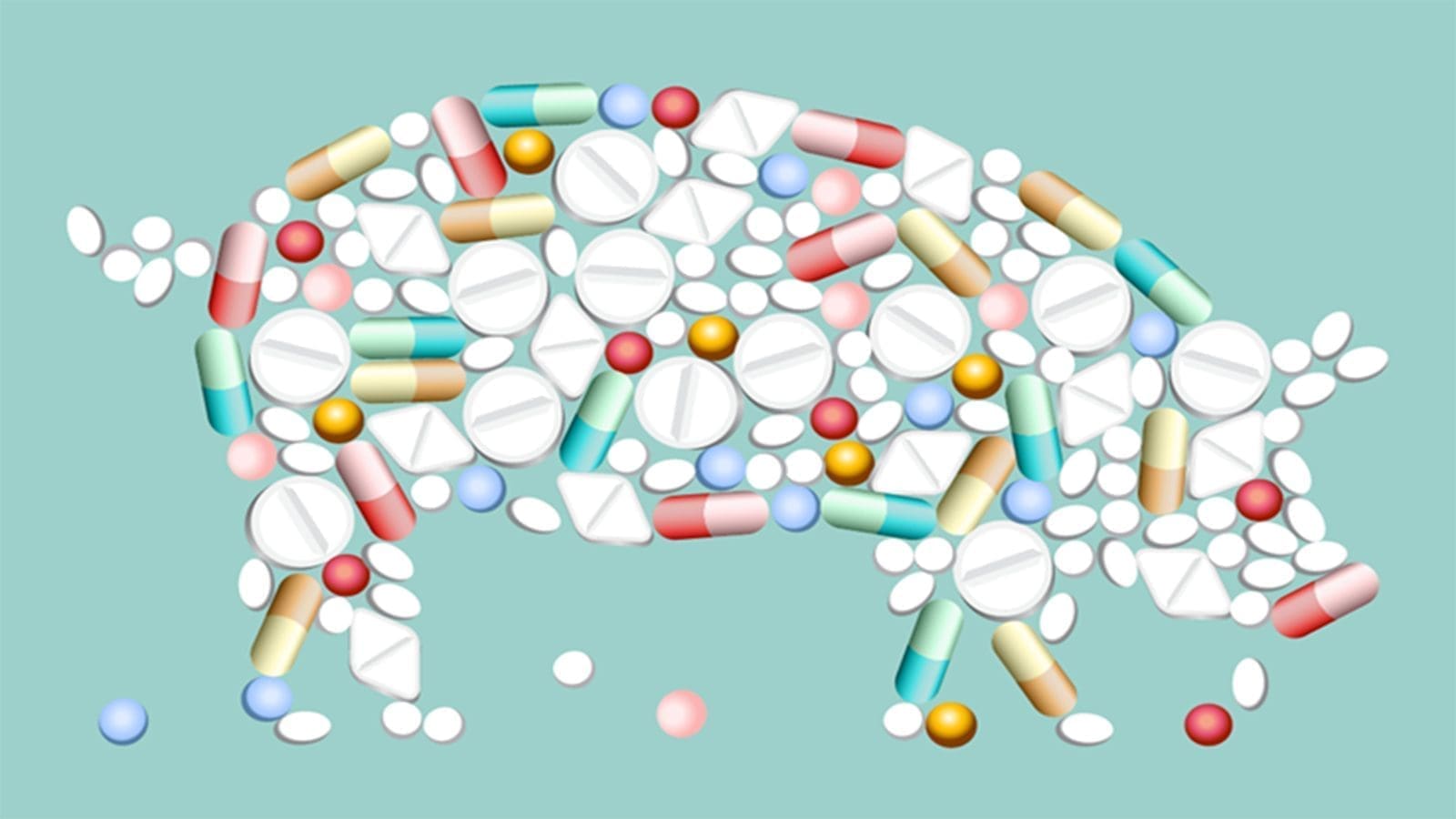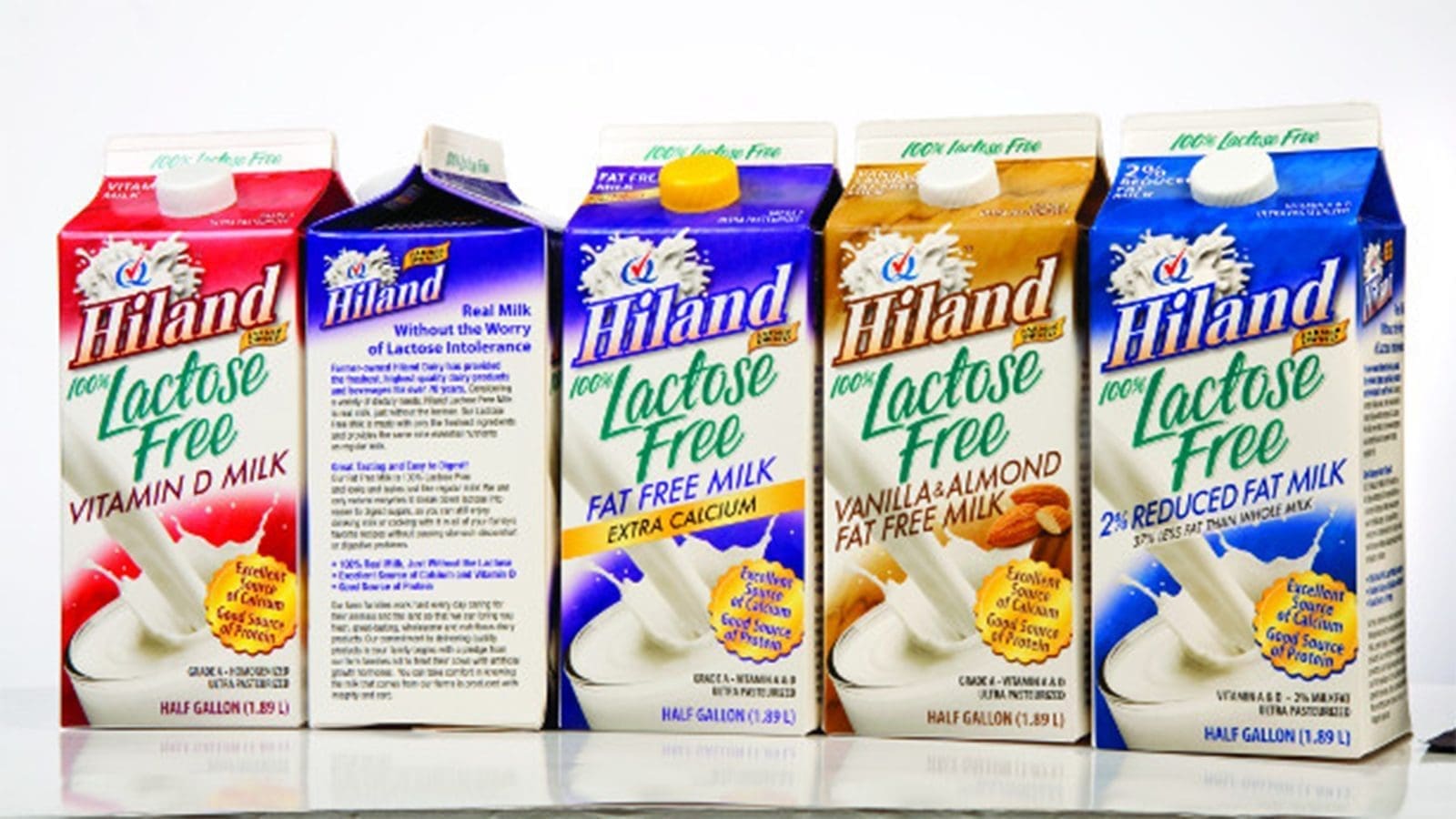U.S – The U.S. Food and Drug Administration (FDA) has made available a new document that describes a risk assessment methodology to analyze the threat that new antimicrobial animal medications pose to microbiological food safety due to antimicrobial resistance (AMR).
The FDA will take into account the possible impact on human health of all uses and classes of new antimicrobial animal drugs intended for use in food-producing animals as part of its pre-approval safety evaluation process.
The present version of the guidance replaces the version that was made available in October 2003. Revisions include changed criteria, a ranking of medically important antimicrobials, updated data tables, and revised definitions.
The draft guidance also follows recently released data from FDA on U.S. sales of medically important antibiotics for use in food-producing animals in 2020–2021.
The draft guidance titled, “Evaluating the Safety of Antimicrobial New Animal Drugs with Regard to their Microbiological Effects on Bacteria of Human Health Concern”, outlines a risk assessment method that takes into account the effects of the transmission of antimicrobial-resistant foodborne bacteria of concern to human health through the consumption of animal-derived food products.
FDA may take other enteric bacteria into consideration, even though its main focus will be on foodborne pathogens and their resistance determinants.
Within the context of risk assessment, many possible mechanisms to address the development of AMR resulting from the use of new antimicrobial animal drugs in food-producing animals are available to the sponsor of a drug.
Alternative processes that may be more appropriate to a sponsor’s drug and its intended conditions of use may be used to characterize the microbial food safety of that drug.
The risk assessment approach outlined in the draft guidance is recommended for the evaluation of applications submitted for all new antimicrobial animal drugs in food-producing animals.
Sponsors of Category I supplemental New Animal Drug Applications (NADAs), NADAs for antimicrobial drug combinations, and Abbreviated (generic) NADAs are encouraged to consult with FDA to decide if the risk assessment approach is suitable for their application.
Microbial food safety information is not typically needed for Category I supplemental NADAs. These supplements ordinarily do not require a reevaluation of any of the safety or effectiveness data in the parent application.
However, information may be needed for certain Category II supplemental NADAs. These supplements may require a re-evaluation of certain safety or effectiveness data in the parent application.
In NADAs for antimicrobial drug combinations, microbial food safety information would ordinarily not be needed for antimicrobial drug combinations.
Microbial food safety would typically be addressed as part of the NADAs for the individual antimicrobial drugs that comprise the combination.
However, information or data may be requested for certain types of antimicrobial drug combinations.
Abbreviated (generic) NADAs would also not require microbial food safety information.
Stakeholders are invited to submit comments on the draft guidance by March 20, 2023.
For all the latest food safety news from Africa and the World, subscribe to our NEWSLETTER, follow us on Twitter and LinkedIn, like us on Facebook and subscribe to our YouTube channel.








